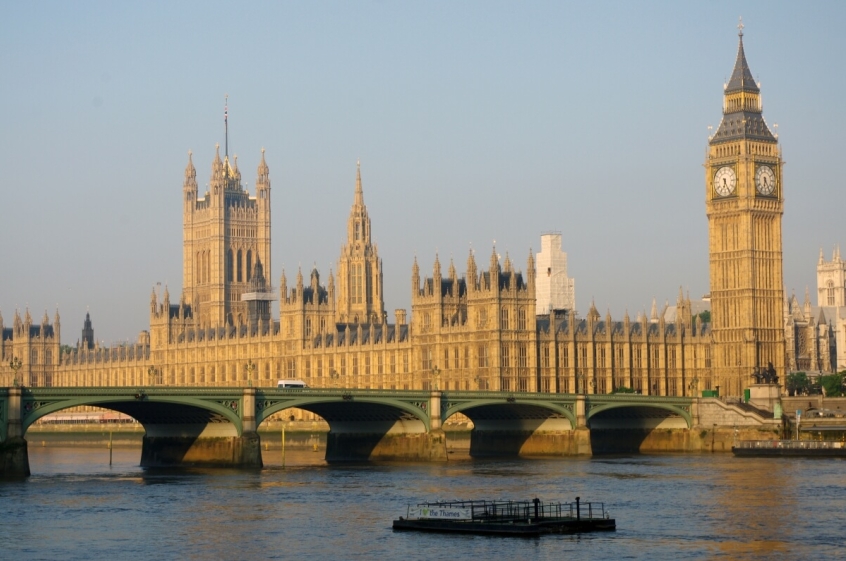Ten years or so ago we learned that significant numbers of UK politicians were taking an extremely generous view as to what constituted legitimate expenses. In the last few weeks we've discovered that many even more well known figures, here and across the globe, have abused their position by demanding sex, or at least acquiescence to woefully improper remarks, from those more junior to themselves. Between these two lies, I believe, a clear connecting thread: it is their sense of entitlement.
Many MPs had felt their salaries were artificially depressed by the likely public backlash to any government awarding them a large increase. Surrounded by lobbyists and senior figures whose pay packets suffered no such restrictions, they felt entitled to more than they were receiving. They saw the expenses system as a way of getting their due. The more recent revelations, beginning with the exposure of an American film producer, have a similar foundation. Powerful men, used to getting what they want, felt entitled to receive, or at least ask for, sexual favours from those who needed their backing or support.

The language of entitlement is, first and foremost, the language of the rich and powerful. They have succeeded, and promote their entitlement to the full spoils of their triumph. One of the most powerful symbols of success is the ability to control and determine the language in which conversation can take place. Other groups in society, including the marginal and victimised, are then forced to adopt the same terms, to stake their own entitlement, in competition. They may have occasional victories, but the underlying power dynamic is at best only lightly challenged.
But what if there were a different language to speak?
To my way of thinking, Christian theology provides us with just such a vocabulary. It gives us words such as grace and justice, liberation and self-emptying, and it populates their meaning through a rich range of stories.
The call to self-emptying, 'kenosis' as the Greek word puts it, is a call to those with power to model themselves on the Christ who 'did not cling to equality with God', but became like us so that we might become like him. This early hymn on the incarnation, which reverberates with particular strength in Advent, is a call to place ourselves on a level footing with those whom secular opinion would set us above. Self-emptying makes room for grace, the recognition that our hope lies not in what we deserve but in what is given us undeserving. Liberation then underpins our understanding of a justice that is not simply a restoration of what has been lost but a journey into a new freedom and empowerment.
Lest this all sound rather abstract, or relevant only to the most churchy issues, let me offer an example from well beyond the altar rail.
As chair of the Manchester Homelessness Partnership Board, I encourage the exercise of kenosis by insisting that no meeting takes place unless there are enough people with personal experience of life on the streets for them to have power and voice among us. Whether around a table or working by less conventional methods, everyone has equal status and is part of the answer.
Grace keeps us from stigmatising or blaming those whose life events, and sometimes their choices, have led them to fetch up sleeping rough.
Justice holds before us an image of a society where the basic necessities of a safe and secure home, shared with ones chosen household, are there for all, a vision to which all our efforts must strive.
Liberation reminds us that we will only achieve this vision when we set people free from the chains that bind them, be they mental health concerns, addiction or the loneliness of lost relationship.
Our meetings and events have an energy and sense of purpose well beyond many others I attend. And while the challenges are huge, and the ever-increasing numbers of homeless daunting, I do believe we are ditching the tired battle between entitlement claims and creating a new culture, one with the possibility for real change.
My Advent prayer is that the powerful and public figures of our society, including faith leaders like myself, can consistently speak this better language.
Rt Rev David Walker is Bishop of Manchester.













